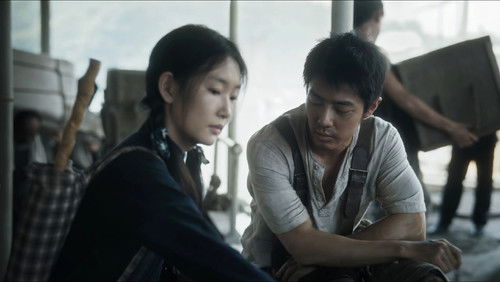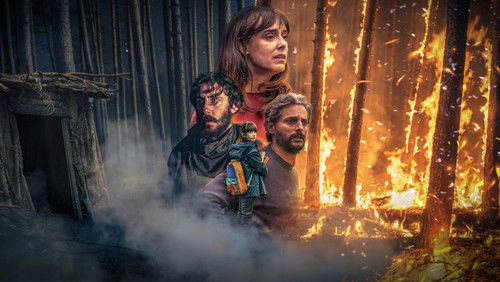Back Fork (2019)
19KBack Fork: Directed by Josh Stewart. With Josh Stewart, Agnes Bruckner, A.J. Cook, David Selby. When the strain of tragedy was too much for a young couple in Appalachia, prescription pills became the medicine to ease the pain.
“I grew up knowing the reality of addiction. Having been raised in a family whose lifeu0026#39;s mission was and is to help addicts into and through recovery — some of them on their own long road to sobriety — and having known many addicts both casually and intimately, I usually find myself disappointed by how addiction is portrayed in film, in literature, in general. The human element is often lacking or blatantly absent, the addicts portrayed as caricatures.u003cbr/u003eu003cbr/u003eBack Fork finds a rare balance: one between finding excuses for and demonizing the addict. It neither romanticizes nor sensationalizes the addiction. It is raw, real, disturbing, horrifyingly accurate. There are unsettling moments when you feel the simultaneous need to look away and remain engaged; this is the very nature of knowing an addict from the beginning stages up through the escalation into full-blown addiction: you want to help, you cannot help, you want to ease their pain, but need to mitigate the damage their addiction is causing you, you know them, but this is not the person you know, this is not them anymore; this is their addiction — an entity all of its own.u003cbr/u003eu003cbr/u003eThe opening and closing scenes of Back Fork come full-circle in one of the most accurate visual metaphors for addiction possible, particularly when dealing with opioids: it often begins with a choice or series of choices born of need, not desire, and once that initial blind choice or series of choices have been made, under just the wrong set of circumstances, the addictu0026#39;s ability to choose has been greatly reduced. They find themselves trapped, fighting for their lives, flailing but going nowhere, dying slowly, and without help, they may not make it out. But they must accept the help in order for any progress to become possible. It stresses the important role that family and community play (or should play) in the recovery of those around us. The movie deals with loss, grief, the different ways we deal with grief, the ease with which a person can deceive themselves (and others) through the beginning stages of addiction, the impact that addiction has on the addict, those surrounding them, those who love them, and the lengths that an addict will go to in order to get what they have come to not only desire, but need.u003cbr/u003eu003cbr/u003eThe acting was especially wonderful: genuine, honest, heartfelt, and the scenery beautiful and understated, effectively setting the backdrop for this story to unfold in a way that felt natural. This is an important film, and I truly hope that it gains traction; it has the potential to impact the lives of so many, whether it means inspiring hope, the desire to change, the motivation to help, or even to just encourage the public to gain insight and understanding of the true nature of the opioid crisis and addiction in general.”









